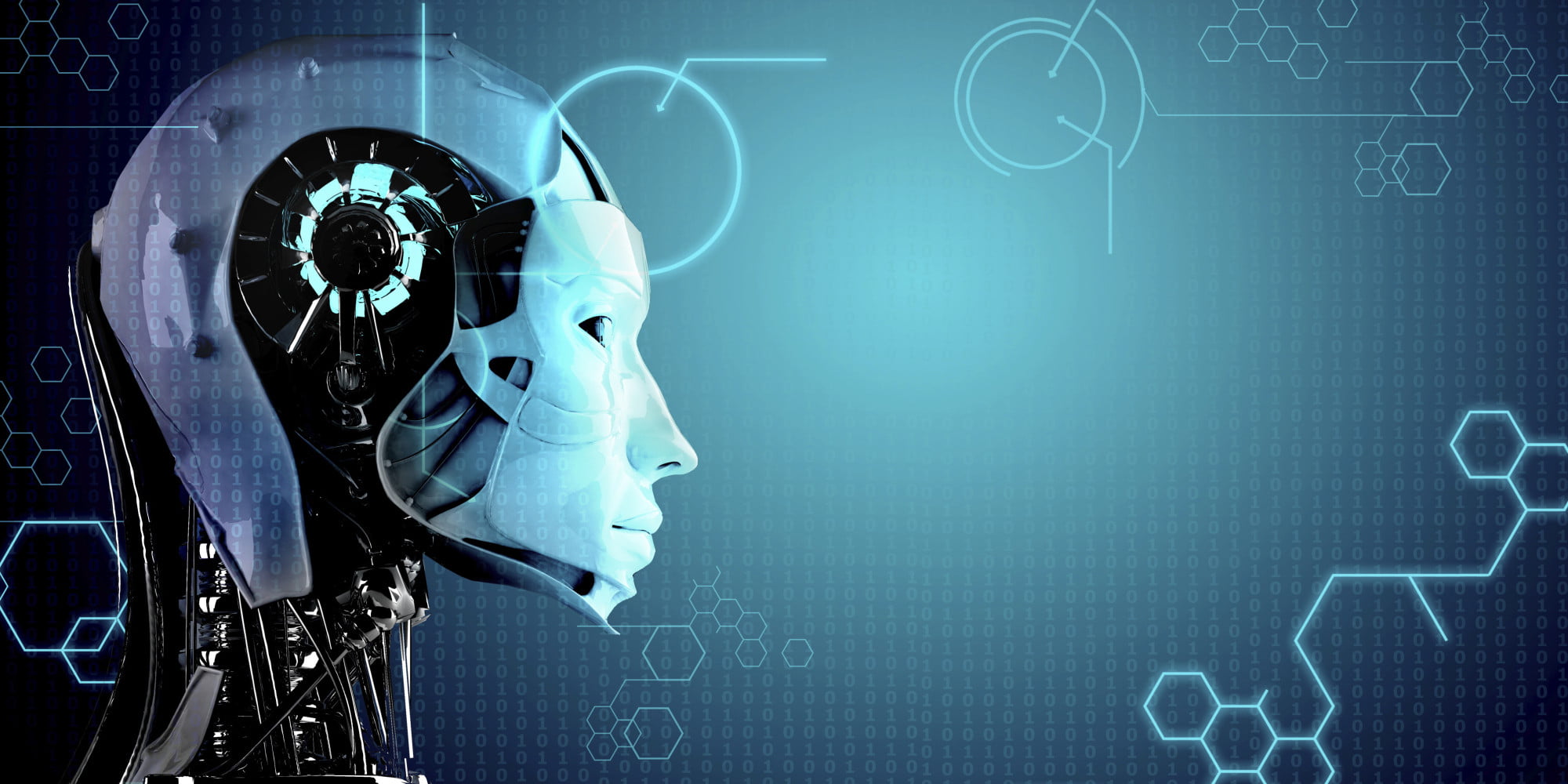WASHINGTON – Your subsequent doctor could thoroughly be a bit. Artificial intelligence is unexpectedly entering health care, led by several of the biggest generation groups and emerging startups to diagnose and respond to various conditions.
Consider those examples: California researchers detected cardiac arrhythmia with ninety-seven percent accuracy on wearers of an Apple Watch with the AI-based totally Cardiogram application, starting up early remedy alternatives to avert strokes.
Scientists from Harvard and the University of Vermont developed a machine studying tool—a type of AI that enables computers to examine without being explicitly programmed—to become aware of depression by reading Instagram posts, suggesting “new avenues for early screening and detection of intellectual contamination.” Researchers from Britain’s University of Nottingham created an algorithm that expected heart assaults to be better than docs using traditional hints. While the era has usually performed a function in medical care, a wave of investment from Silicon Valley and a flood of facts from related gadgets appear like spurring innovation.
“I suppose a tipping point became while Apple released its Research Kit,” said Forrester Research analyst Kate McCarthy, regarding software letting Apple customers enable facts from their daily activities for use in scientific studies. McCarthy stated advances in artificial intelligence have opened up new opportunities for “personalized medicine” adapted to character genetics. “We now have surroundings in which humans can weave through clinical research at a velocity you may in no way do before,” she said. Predictive analytics AI is better regarded in the tech field for uses, including autonomous or defeating professionals in the board recreation Go. But it can also be used to glean new insights from present information, including digital fitness data and lab assessments, says Narges Razavian, a professor at New York University’s Langone School of Medicine who led a research venture on predictive analytics for more than one hundred scientific conditions.

“Our paintings are asking at trends and looking to are expecting [disease] six months into the destiny, to act earlier than things get worse,” Razavian stated. NYU researchers analyzed medical and lab statistics to appropriately expect the onset of dozens of diseases and situations, such as type two diabetes, heart or kidney failure, and stroke. The undertaking evolved software now used at NYU, which may be deployed at different scientific facilities. Google’s DeepMind department uses synthetic intelligence to assist medical doctors in examining tissue samples to determine the chance that breast and other cancers will spread and expand the quality of radiotherapy treatments.
Microsoft, Intel, and other tech giants are also operating with researchers to type through records with AI to apprehend better and treat lung, breast, and different types of cancer. Google discerns Alphabet’s existing sciences unit Verily has joined Apple in releasing a smartwatch for studies and one to perceive styles within the progression of Parkinson’s ailment. Amazon meanwhile offers scientific recommendations through packages on its voice-activated artificial assistant Alexa.
READ MORE :
- Health Canada warns of drug scarcity
- Weighing the Pros and Cons of Mass Media – What You Need to Know
- Is social media suitable or terrible for teens’ fitness?
- The Numerous and Useful Advantages of the Internet in Education
- Politics and the City: Wake-up call to belongings proprietors from WRA
IBM has been focusing on these issues with its Watson Health unit, which uses “cognitive computing” to recognize cancer and different sicknesses. When IBM’s Watson computing system received the TV recreation show Jeopardy in 2011, “there were numerous oldsters in fitness care who said this is the same process medical doctors use while they try to apprehend fitness care,” said Anil Jain, leader medical officer of Watson Health.
Systems like Watson, he said, “are capable of joining all the disparate portions of statistics” from clinical journals and other resources “in miles greater extended way.” “Cognitive computing may not find a cure on day one, but it could assist in apprehending human beings’ conduct and behavior” and their effect on disease, Jain said.
It’s no longer simply important for tech companies moving into fitness.
Research company CB Insights this year recognized 106 virtual health startups applying gadget learning and predictive analytics “to reduce drug discovery instances, provide virtual assistance to sufferers, and diagnose illnesses by way of processing clinical pix.” Maryland-based startup Insilico Medicine uses “deep studying” to shorten drug checking out and approval times, down from the current 10 to fifteen years. “We can take 10,000 compounds and narrow that right down to 10 to find the maximum promising ones,” said Insilico’s Qingsong Zhu. Insilico operates on capsules for amyotrophic lateral sclerosis (ALS), cancer, and age-related illnesses, aiming to increase personalized treatments.
Finding depression
Artificial intelligence is also increasingly seen as a means for detecting despair and different mental ailments by spotting styles that may not be apparent, even to specialists. A study paper with the aid of Florida State University’s Jessica Ribeiro found it can predict with eighty to ninety percent accuracy whether a person will commit suicide as a ways off as years into the destiny. Facebook uses AI as a part of a testing undertaking to prevent suicides by studying social network posts.

